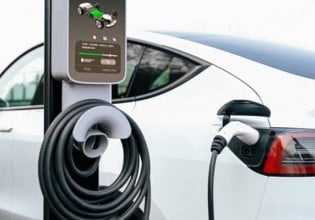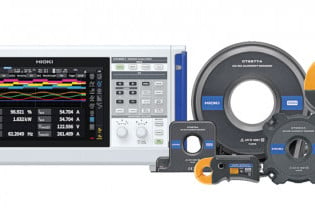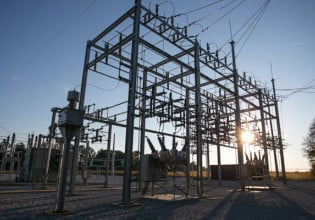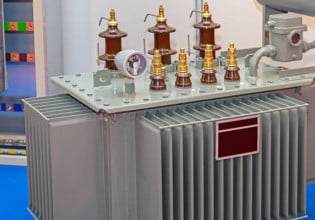Energy Dense Power Systems Joins University of Maryland Technology Company Incubator
Energy Dense Power Systems LLC, a company developing, "green," high-energy, battery-based power management product solutions, has joined the University of Maryland’s Maryland Technology Enterprise Institute (Mtech) Technology Advancement Program (TAP) incubator, institute officials announced.
The company builds and sells light-weight, energy-dense, intelligent battery packs that allow an end user to greatly extend the operation of portable equipment or create situations that can allow equipment to run indefinitely with wind, solar, generator or grid recharge.
EDPS’ products combine arrays of lithium-ion (or other chemistry) battery packs with the company’s proprietary power management system to safely and efficiently store and release energy. EDPS’ technology provides a scalable, building-block architecture, allowing them to quickly power almost any electronic or electro-mechanical device with battery packs.
"Our patent-pending power management systems are a unique combination of technologies that provide safe, easy to install and maintain, scalable, high-energy, regulated power sources," says Christopher Donavin, CEO of EDPS. "Our battery packs are used to power mission-critical equipment in remote and fixed locations, as well as any electronic devices that can benefit from lighter, more energy-dense battery applications. Our system can even be recharged as it powers a device."
EDPS can provide a kilowatt of power from a lunchbox-sized battery pack that weighs only 25 pounds, according to Donavin. That pack can replace 100 pounds of lead acid batteries. Plus, it can be recharged through solar panels or wind turbines, which EDPS also provides, enabling customers to remain off the conventional power grid indefinitely.
EDPS is the only U.S. company capable of safely multiplexing energy-dense, lithium-ion, SMBus cell packs that meet the U.S. and United Nations criteria for transport as non-hazardous material, according to Donavin. The batteries can be safely disposed into any municipal waste stream.
EDPS’ battery packs range in size and power provided from 300W hours to 50kW hours. The company’s programmable power management system contains sensors, intelligence, communications, self-diagnostics, status reporting and control capabilities. Each battery block is designed to protect itself and operate autonomously should communication with other modules fail.
The intelligent battery system also acts as a power conditioner or uninterruptible power supply and protects the battery packs and powered equipment from harm should they be connected to a conventional power grid providing unregulated or "dirty" power.
EDPS moved to TAP to work with faculty and students at the University of Maryland. The company is already exploring research partnerships with several faculty members to further develop its products.






